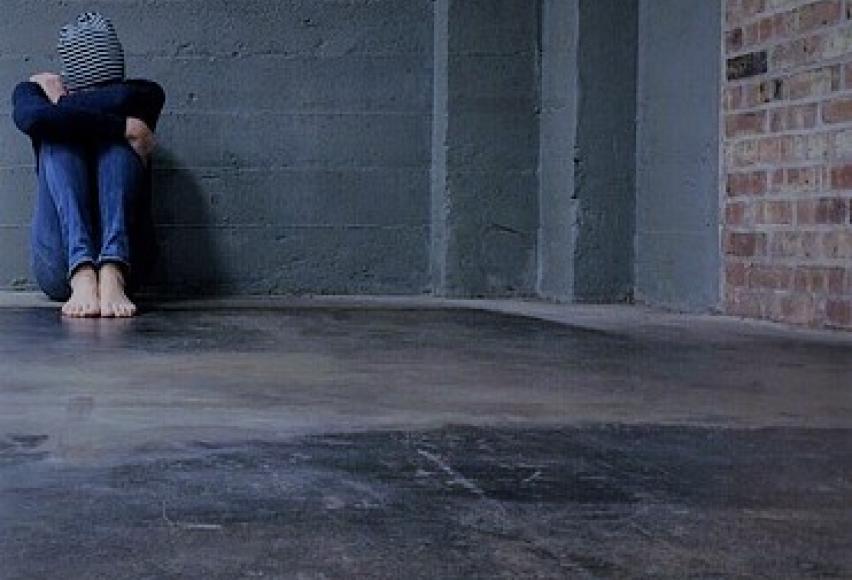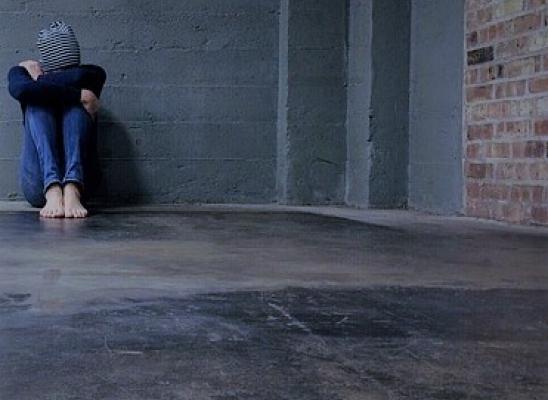Disabling impairment: What does the research say?

Online test
Find out the severity of your symptoms with this free online test
People with trichotillomania experience multiple levels of psychosocial dysfunction, exacerbated by the visible nature of the condition. When hairpulling compulsions increase in severity, it means noticeable hair loss. People see that. They comment. They ask questions.
A study conducted in 2016 through the Department of Psychiatry and Behavioral Neuroscience at the University of Chicago looked at the levels of dysfunction that people with trichotillomania and excoriation disorder experience. While the disabling nature of each condition is recognized by researchers and those who live with the disorders, this study sought to quantify levels of impairment and compare them with symptom severity to see if there was anything to learn.
Most studies of trich and skin picking disorders do not have many participants, but this study obtained data from 125 adults with skin picking disorder and 152 adults with trichotillomania. Participants filled out assessment questionnaires regarding their disorders as well as other disorders such as depression and anxiety. Additionally, they engaged in cognitive testing which assessed the participants’ ability to suppress impulsivity and their ability to learn rules and adapt behavior.
The researchers found that people with trich and skin picking disorders experience high rates of dysfunction with 44% of the adults with trich stating they experience moderate or severe impairment. As compulsions and behaviors worsened, the levels of dysfunction worsened without regard to age, gender, or environment. These results did not surprise the researchers. What did surprise them, however, was that depression and anxiety contributed to increased dysfunction for people with trichotillomania, but not as much for people with skin picking disorder. While anxiety made skin picking behaviors a bit worse, the results were not statistically significant like the results for people with trich. They also found that the older a participant was when trich started, the more severe the symptoms they experienced and the more severe the psychosocial impairment, yet that finding did not occur in participants with skin picking disorder.
There are many variables the study did not account for, so it is not appropriate to generalize this information for everyone who has these disorders. However, it does show some differences between trich and skin picking disorder as well as the relationship between those disorders, depression, anxiety, and impairment.
Real life vs. research
One thing research does not often account for is the real-life experiences of people with trichotillomania. Reading the study and seeing words such as “disabling,” “psychosocial impairment,” and “functional impairment,” one does not get an accurate picture of what it is like. A recent article that made it to major internet news feeds recently describes a 14-year old girl’s experience of going to school with a mostly bare head under a hat and the fear that someone would pull off her hat. It got so bad that her doctor helped her so she wouldn’t have to go to school. In addition to fear, the tension, anxiety, shame, embarrassment, and the constant hypervigilance to the reactions of others creates a level of impairment difficult to quantify with research. There are countless stories, even in the TrichStop forums, of people describe missing school, work, and avoiding social gatherings as a result of pulling, as well as the rounds of unsuccessful medications, therapy techniques, and coping skills.
The research comes out in baby steps. One study answers a question which inspires new questions which will eventually lead to actionable data. The more researchers understand trich, the closer they will come to effective treatment.
Online test
Find out the severity of your symptoms with this free online test
Start your journey with TrichStop
Take control of your life and find freedom from hair pulling through professional therapy and evidence-based behavioral techniques.
Start Now



